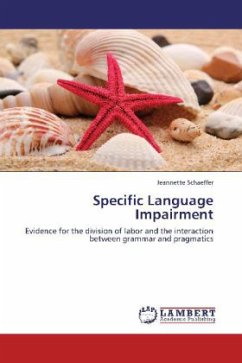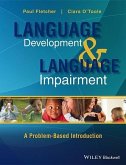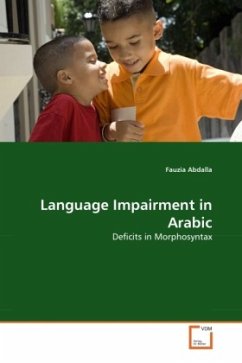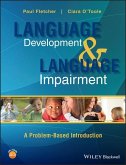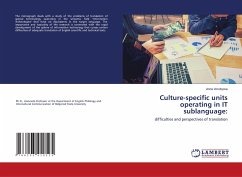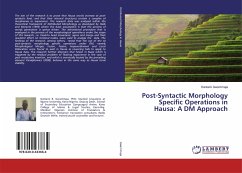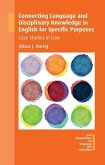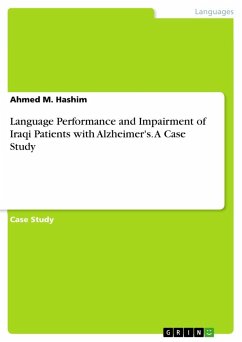This study analyzes grammatical and pragmatic data of English and Dutch acquiring children with SLI, and compares them to the language of typically developing children in order to gain more insight in the organization of language, in particular, the dissociation and interaction between grammar and pragmatics. It is hypothesized that children with SLI are not impaired in the pragmatic component of language, but that they are in their grammar. Several language phenomena (such as the realization of subjects, articles, and object scrambling) are examined on both their pragmatic and their grammatical properties. The results show that the children with SLI perform well on the pragmatic properties, but less well on the grammatical properties, supporting the hypothesis. In contrast, (younger) typically developing children make errors with respect to both the pragmatic and the grammatical properties. Besides students, teachers and researchers of (impaired) language acquisition and linguistics, linguistically informed speech clinicians will also benefit from reading this book.
Bitte wählen Sie Ihr Anliegen aus.
Rechnungen
Retourenschein anfordern
Bestellstatus
Storno

